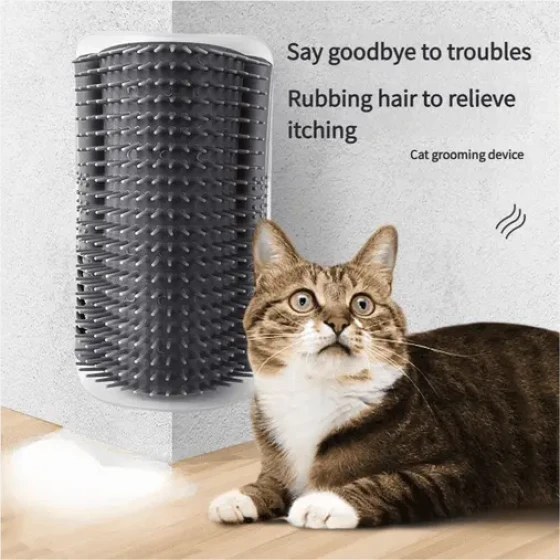Cats also have AIDS!

Leopard Cat
Feline AIDS virus is caused by infection with a virus called “lentivirus,” generally transmitted among stray cats through bites. The infection mechanism is similar to human AIDS virus, both damaging the immune system.
Symptoms
The most common symptoms associated with feline AIDS include: chronic stomatitis, severe gingivitis, chronic upper respiratory diseases, weight loss, fever, lymphadenopathy, anemia, chronic diarrhea, motor or sensory nerve damage, and chronic skin diseases.
Cats suffering from chronic skin disease infections may develop infestations including scabies mites, chiggers, demodectic mites, as well as various fungal and bacterial infections.
Diagnosis
To diagnose whether a cat is infected with AIDS, the only clinical method currently is a ten-minute test requiring just three drops of blood from the cat. However, this may produce false-positive results, so clinical veterinarians must analyze carefully.
If a cat tests positive, a retest should be performed after an interval because although most cats develop antibodies within weeks of infection, some cats may remain antibody-negative for up to a year; some severely ill infected cats may show little or no antibodies due to large amounts of the virus binding all antibodies or complete immune suppression caused by feline AIDS.
High-risk groups for feline AIDS
High-risk groups are adult, male, free-roaming cats because feline AIDS is mainly transmitted by bites. Purebred breeding catteries usually maintain a more stable population with less fighting, so the incidence of feline AIDS is lower.
Treatment
Once a cat is confirmed infected with feline AIDS, secondary infections should be controlled first and clinical symptoms alleviated. Specific treatments depend on the individual cat’s symptoms.
Prevention
Keep only one cat or just a few cats, and ideally completely prevent fighting and outdoor roaming.
If a cat, whether newly introduced or originally kept, is infected with feline AIDS, no new cats should be added to the group. Introducing new cats stimulates territorial fights, increasing the risk of feline AIDS transmission.
In recent years, there have been cases of cured feline AIDS, so cat owners who learn their cats have AIDS should never give up easily!(Source:PetsZone)





